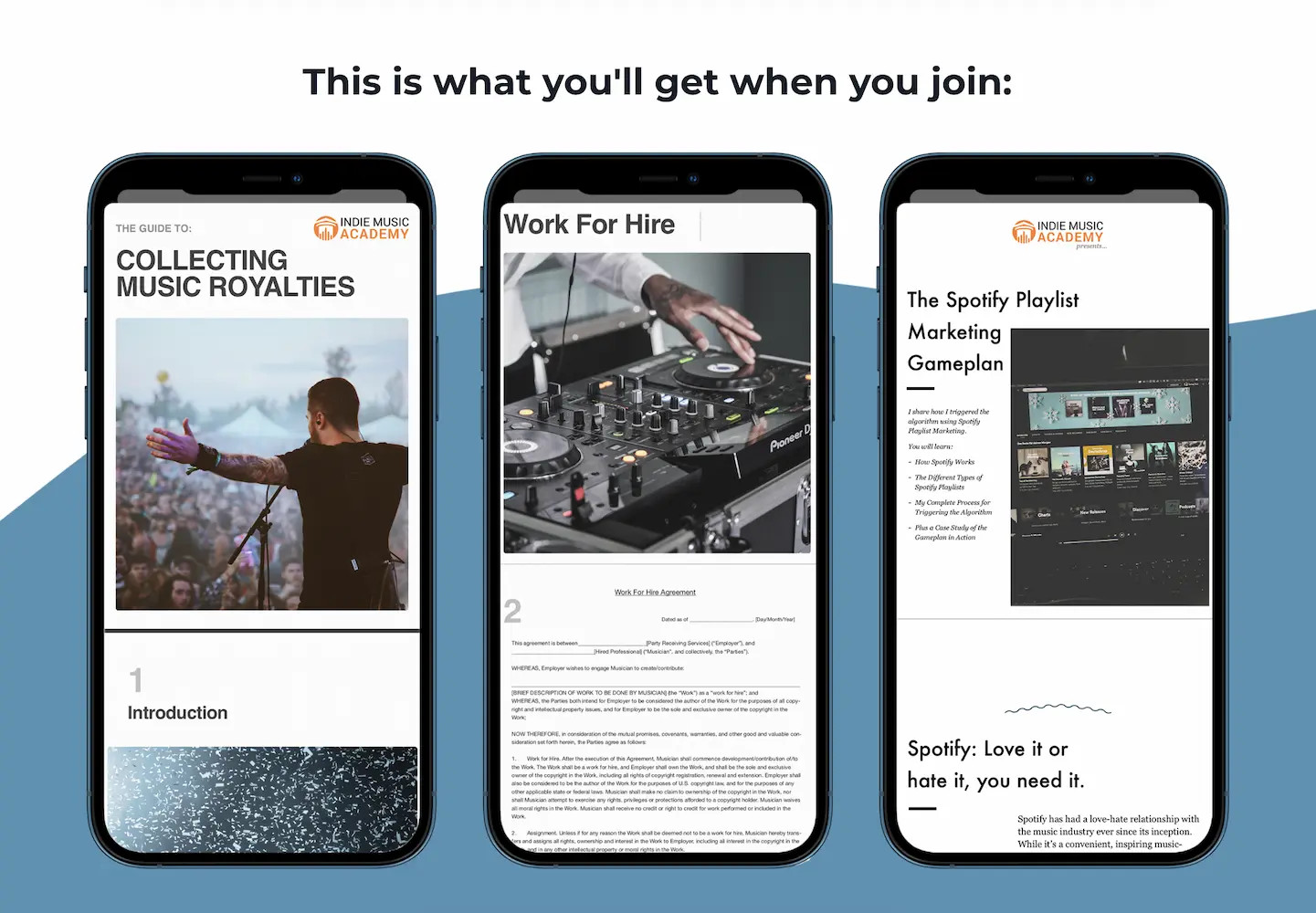Have you ever felt the pressure of a ticking clock ignite your creativity? Some of the most memorable music and albums have been born from strict deadlines, even leading to hit songs crafted in incredibly short periods. Let’s take a look at how embracing a time limit, specifically the challenge of writing a “One Day Song,” can actually be a powerful catalyst for your songwriting. I want to share a personal experience where I put this to the test and wrote a song from scratch in just one day.
A few weeks ago, I was touring in Montana, playing at some fantastic Performing Arts Centers. One stop on our tour was Belt, Montana. We arrived early, settled in, lit a fire, and I picked up my guitar. An idea sparked: “Wouldn’t it be amazing to write a song about Montana and perform it for the audience tonight?”
This thought became my mission for the day: to write a song about Montana. I gave myself a three-hour window for this rapid songwriting experiment.
 Placeholder Image
Placeholder Image
Alt text: Songwriter with acoustic guitar in a cozy room with fireplace, contemplating writing a one day song.
The Assignment Advantage in Songwriting
Having a specific goal and a limited timeframe is an incredibly effective motivator. Throughout my songwriting career, I’ve been fortunate to receive such “assignments.” Think of requests like: “George Strait needs a summer beach song,” or “Darryl Worley is looking for an upbeat, train-beat track,” or “Darius Rucker wants a Christmas song about mistletoe!” Many hit songs are born from this type of focused writing. In my course, “The Fine Art of Songwriting,” I delve deeper into the concept of “Limitations are Liberating.”
This “writing on assignment” approach has deep roots, dating back to Tin Pan Alley, the Brill Building era, and Hollywood studio songwriting systems of the 1950s. Countless songs have emerged from these constraints. Even historical periods and tense political climates, like the anti-war movement of the 60s, imposed invisible limitations that spurred incredible musical creativity.
So, there I was, ready for my “one day song” challenge. I started with a simple idea and a ticking clock. My go-to first step? Rhyming the title.
Rhyming Your Way to a Song Title
As I teach in my songwriting course, rhyming the title is often the quickest way to “solve” a song. Since my subject was Montana, I began brainstorming rhymes: Hannah, banana, bandana, Rosanna, cabana, Atlanta.
Atlanta… That clicked! Especially with a Southern pronunciation, “Atlana!”
And there it was.
Montana, Atlanta. Atlanta, Montana. I preferred the rhythm of “Atlanta, Montana.”
It sounded like a choice, like the song title “Heads Carolina, Tails California.”
The concept emerged: a singer facing a choice – stay in Montana or return to a girl in Atlanta. This simple juxtaposition became the heart of my “one day song.”
Building the Scenario Quickly
Starting with action and establishing a sense of place is a powerful way to jumpstart your song and immediately set the scene.
VERSE 1
HAD TO GET AWAY, SPEND SOME TIME
BY MYSELF, MAKE UP MY MIND
MONTANA
VERSE 2
AND YOU’RE BACK HOME, CITY LIGHTS
BIG OL’ MOON, HOT SOUTHERN NIGHTS
ATLANTA
Choosing the Right Song Structure: Refrain over Chorus
Something in my songwriting intuition (honed over 30 years) told me that the title – “Atlanta, Montana” – wasn’t strong enough to anchor a full chorus. In situations like this, a refrain often works better.
A refrain is similar to a chorus – it repeats after verses – but it’s usually shorter and doesn’t always include the song title directly. It acts as a recurring thematic statement.
REFRAIN
YOU SAID “I AIN’T LEAVIN’ GEORGIA”
“MONTANA’S GOT TOO BIG A SKY”
“STAY OR SAY GOODBYE”
Introducing Conflict and Release
The third “A” section (in AABA song form), acting as the release, introduced the central conflict: What decision will the singer make? Will he choose the girl in Atlanta or embrace Montana?
SO HERE I AM, IN BELT TONIGHT
STILL GOT TIME TO CATCH THAT FLIGHT
ATLANTA? OR MONTANA? ATLANTA? MONTANA?
Advanced Songwriting Techniques in Action
Throughout my three decades of songwriting, I’ve had the privilege of collaborating with some of the world’s greatest songwriters. I’ve always been fascinated by how we collectively “solve the song” and navigate the creative challenges that naturally arise.
I’d constantly analyze, asking myself, “How did we arrive at this incredible lyric?” or “Can I name and categorize that technique we just used?” This real-time analysis, while working on songs that would later become Grammy-winning hits, ultimately inspired me to create my course, “The Fine Art of Songwriting.” Here are a few more techniques I employed while writing “Atlanta, Montana” – techniques I also explore in detail in my course.
Saying the Same Thing Differently
I deliberately avoided immediately resolving the central question (Atlanta or Montana?). Honestly, I hadn’t decided what the singer would choose yet! (Songwriters hold immense power!). So, I used a technique of restating the core idea but with different imagery and wording:
YOU CAN’T FIND A VIEW LIKE THIS
HEAVEN KNOWS IT GOES ON FOREVER
BUT I STILL SEE THOSE ANGEL EYES
WISH YOU WERE HERE BY MY SIDE (BUT)
REFRAIN
The Power of Conjunctions
The (BUT) at the end of verse 4, leading into the second refrain, is a crucial choice. Try reading it with “AND” or without any conjunction. Notice how the subtle shift in conjunction changes the flow and emotional nuance?
Building Anticipation with Delayed Gratification
A guitar solo over the verse section, followed by another refrain, further delays the “big reveal,” building anticipation and emotional investment in the song’s outcome.
SOLO
REFRAIN
Rhetorical Schemes for Lyric Economy
The repeated phrase “SO HERE I AM” (from the initial release section) is a rhetorical scheme. It enhances lyric economy, making the lyrics feel concise and the choices deliberate and impactful.
SO HERE I AM, WRONG OR RIGHT
HEADED SOUTH FOR BOZEMAN TONIGHT
ATLANTA? OR MONTANA?
ATLANTA? OR MONTANA? ATLANTA? MONTANA?
MONTANA, MONTANA
MONTANA!
The Impact of Delivery: How We Say It
The way we say something often communicates as much as the words themselves.
After some internal questioning, the question marks disappear from “Atlanta? Montana?”. The singer’s vocal inflections, the repetition, and finally the exclamation, convey the decision without explicitly stating it:
MONTANA, MONTANA
MONTANA!
The audience in Belt, Montana, loved the song, even though opinions were split on whether the singer should return to Atlanta!
And I was reminded of a valuable lesson: Writer’s block is often a myth. As long as you have a reason to write, a title to inspire you, and a defined timeframe, creativity can flourish, and you can craft a compelling “one day song.”
Whether you’re just starting your songwriting journey or are a seasoned writer, we’re here to support you. Explore our free resources at the link below!
 Placeholder Image
Placeholder Image
The Indie Vault
Inside the Indie Vault, you’ll gain complete & unlimited access to essential music industry contracts and valuable resources like the Spotify Playlist Gameplan & our Music Royalty Collection Guide.
Get Free Access

